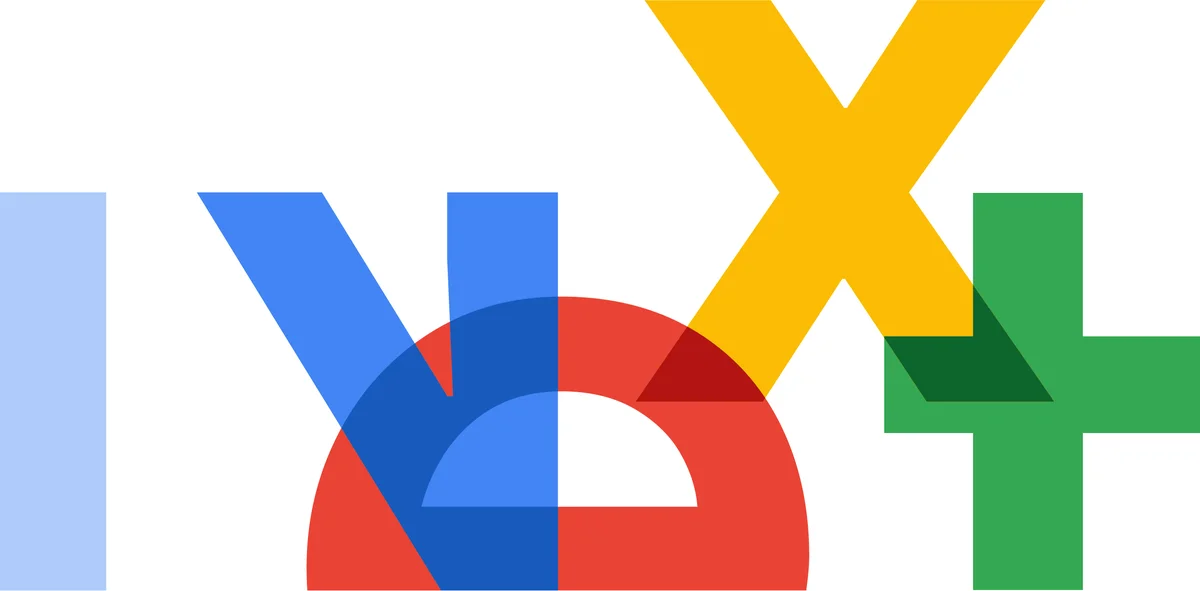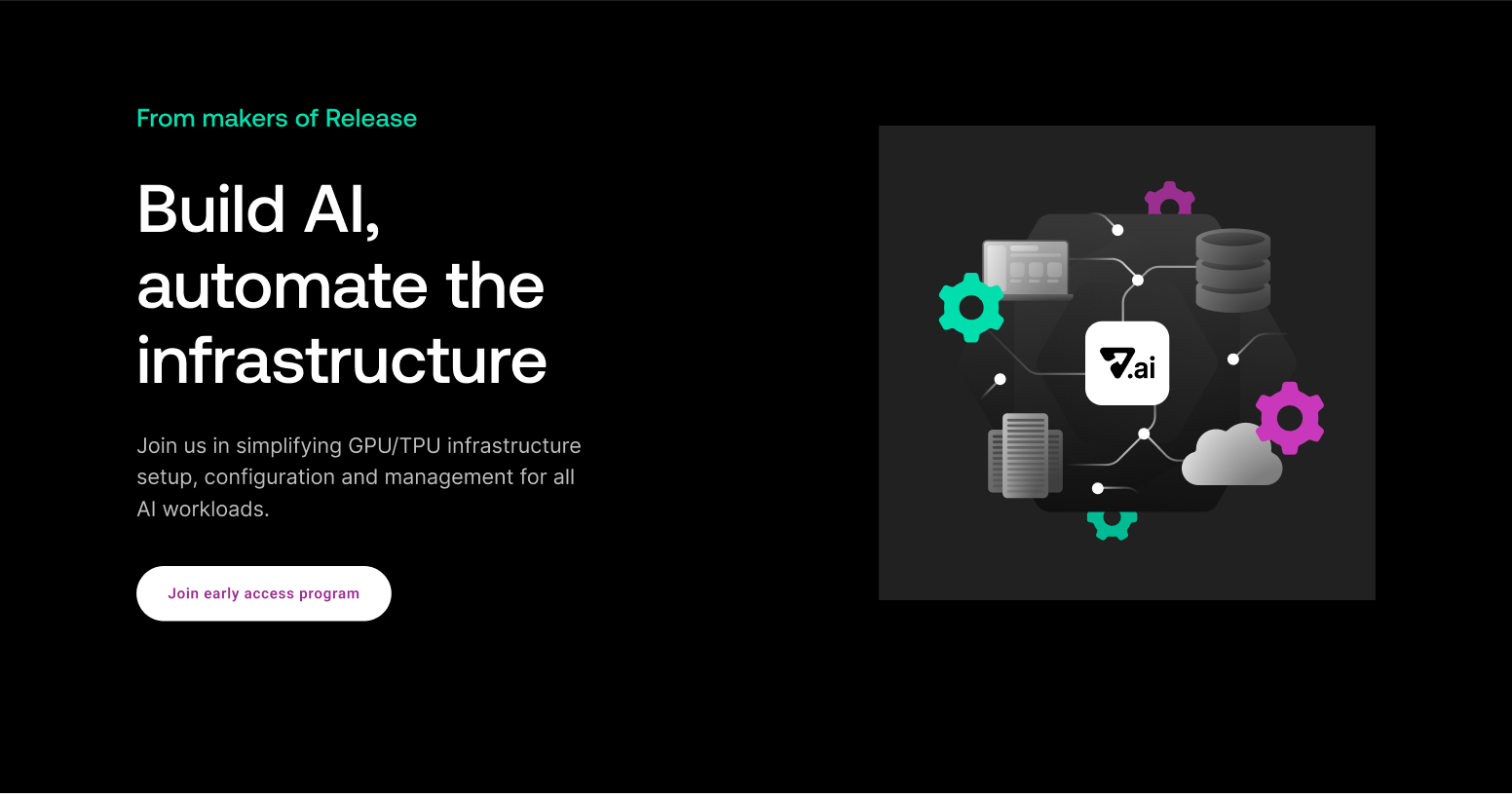What are your summer plans? Are you headed to the beach, or the mountains? Are you exploring your backyard or traveling abroad? Or do you have a list of projects you want to tackle during these warm months? Wherever summer takes you, this is a great time to brush up your tech skills or learn something new. That’s why we are putting together a series of summer reading lists to help you along your learning journey.
This installment of the Summer Reading List highlights five especially popular Kubernetes articles that help you understand and troubleshoot Kubernetes challenges. Read on and let us know if you have a favorite Kubernetes resource we could learn from.
📖 Why Is Kubernetes So Hard - 4 Reasons Why And What to do About it
In this piece, we discuss challenges and complexities of using Kubernetes for application orchestration. We highlight the difficulties in setting up and managing Kubernetes infrastructure, deciphering YAML configurations, and troubleshooting issues. We also look at alternative solutions, including outsourcing Kubernetes management or using automation tools to simplify the deployment process.
📖 How to Create and Configure Your Kubernetes Service Account
This article explains the concept of Kubernetes service accounts and how to use them for non-human access to Kubernetes clusters. While human users authenticate to the Kubernetes API using user accounts, non-human users like CI/CD pipelines or monitoring tools require service accounts. The article covers creating service accounts, assigning them to pods, validating their usage, and adjusting permissions. It emphasizes the importance of properly configuring service accounts for security reasons.
📖 10 Kubernetes Namespace Best Practices to Start Following
Here we discuss the importance of namespaces in Kubernetes. Namespaces are used to segregate and allocate resources in a Kubernetes cluster. Here we cover naming conventions, attaching labels to namespaces, using RBAC for resource allocation, implementing resource quotas and limit ranges, using NetworkPolicy for secure communication, and managing secrets. Following the best practices outlined in this article can improve efficiency, organization, and cost-effectiveness in Kubernetes workflows.
📖 How to Make the Most of Kubernetes Environment Variables
Environment variables in Kubernetes are dynamic key-value variables that provide information about the environment to software. They can be used to configure pods, pass sensitive information, or make applications adaptable. In this article you will learn about the three main methods for adding environment variables: direct specification, using secrets, and utilizing ConfigMaps, and how leveraging environment variables enables greater flexibility and reusability of Docker images in Kubernetes deployments.
📖 Kubernetes - How to Debug CrashLoopBackOff in a Container
The article discusses how to debug the "CrashLoopBackOff" error in Kubernetes containers, and explains that the error can be caused by misconfigurations or code issues. The article provides steps to inspect and investigate the container image, override the container Entrypoint, and add debugging tools to diagnose and fix the problem. It also emphasizes the importance of documenting the debugging steps for future referenc
This concludes our Kubernetes Summer Reading List. For more engaging reads, check out our blog. And to use Release in your next project, sign up for a free account.
About Release
Release is the simplest way to spin up even the most complicated environments. We specialize in taking your complicated application and data and making reproducible environments on-demand.
Speed up time to production with Release
Get isolated, full-stack environments to test, stage, debug, and experiment with their code freely.











